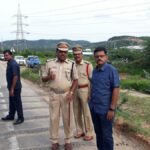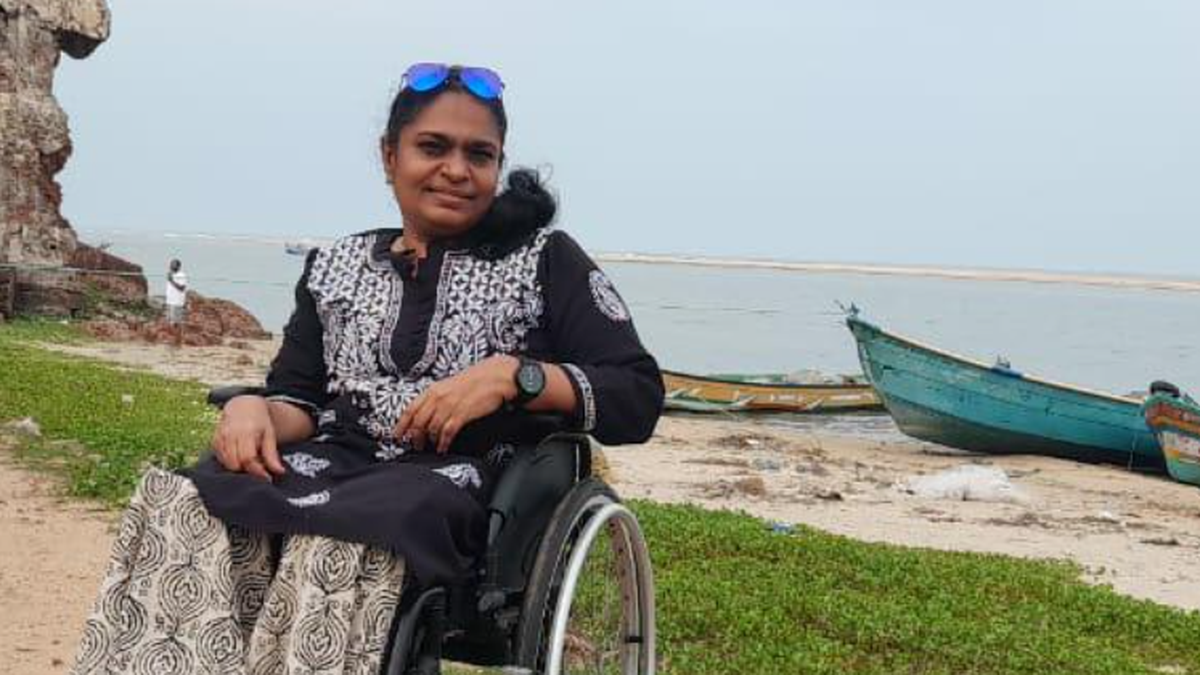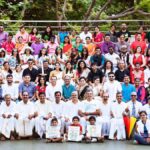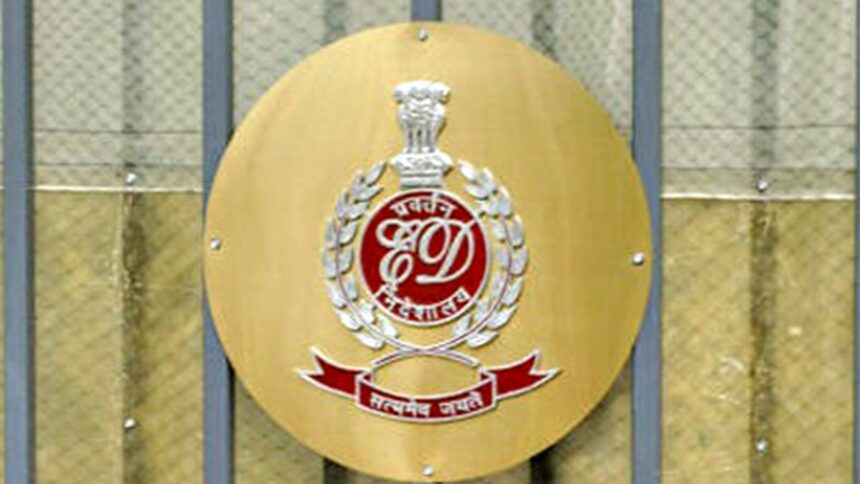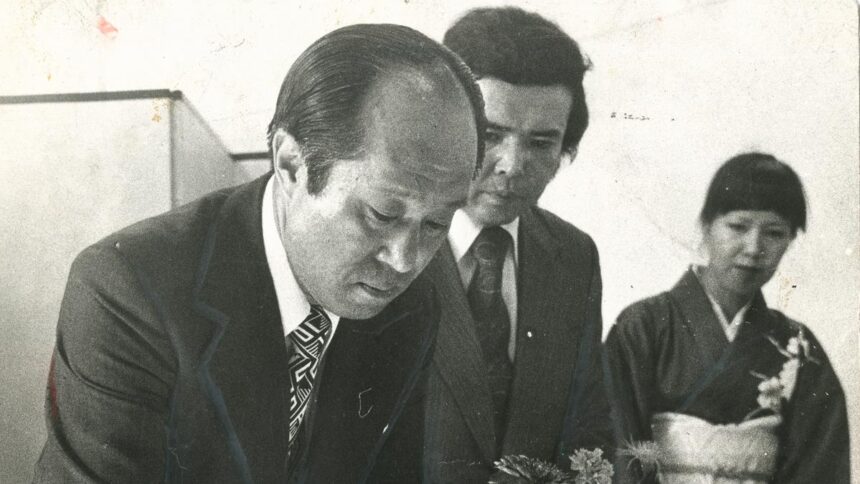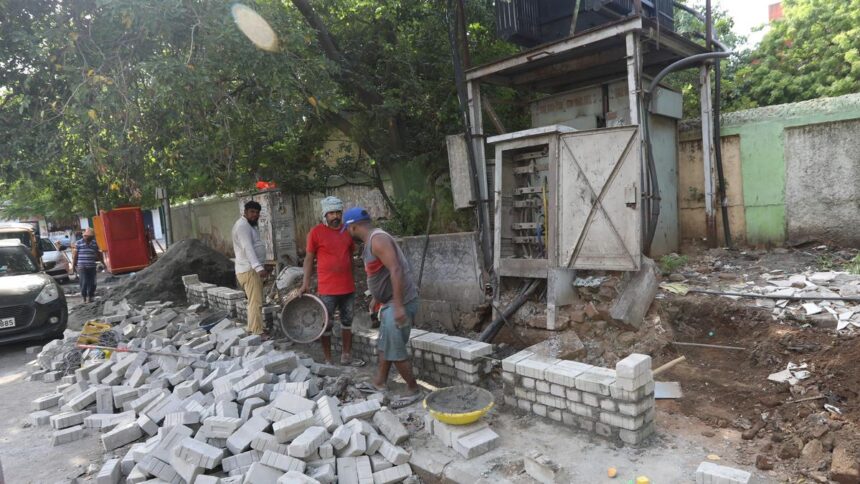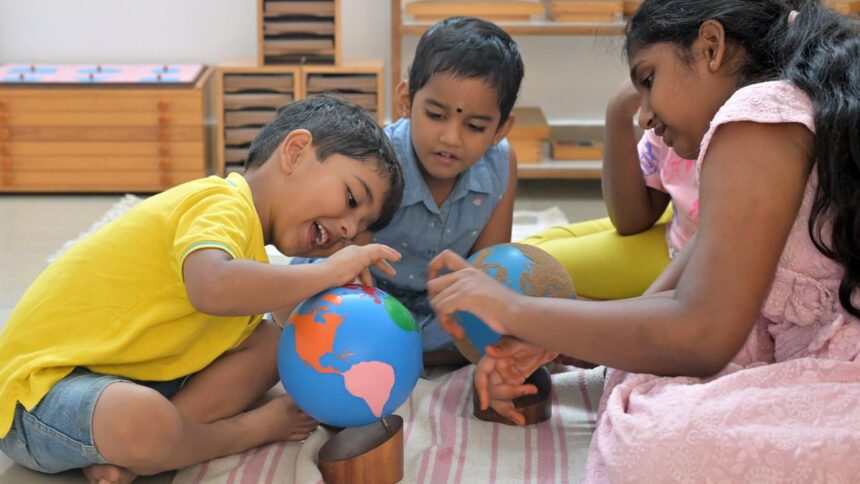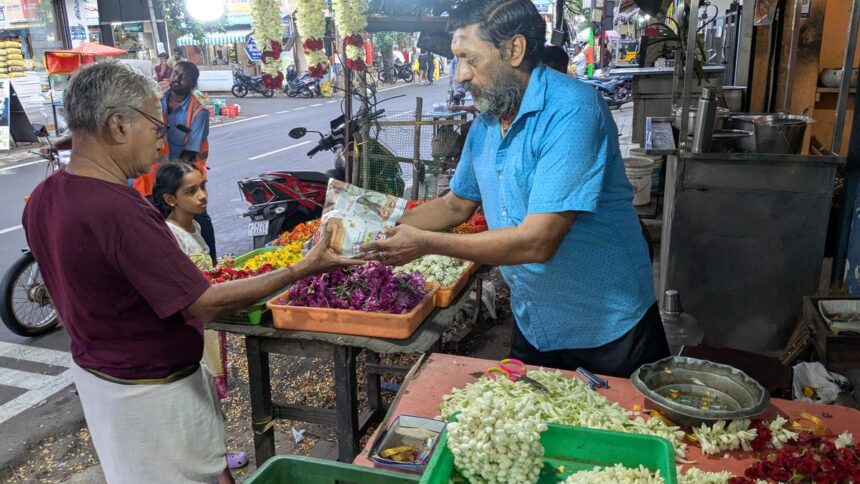
Meenakshi Balasubramanian
| Photo Credit: Special Arrangement
Forty-nine-year-old Meenakshi Balasubramanian, a senior associate at the Centre for Inclusive Policy, has long been a strong voice advocating for the rights of persons with disabilities in Tamil Nadu and across the country. But activism was not part of her original plan; coming from a commerce background, her journey from accounting to advocacy was entirely serendipitous, she says.
A person with a mobility impairment, Ms. Meenakshi, now based in Chennai, completed her schooling and college in Thoothukudi. “When my family moved to Thoothukudi, we realised that finding a school for me would be difficult. One school refused to enrol me; they said classes were on the first floor and that other children would mock me. That was my first experience of rejection due to my disability. Until then, I never saw myself as different, and neither did my family or those around me,” she says.
Years later, Ms. Meenakshi also recalls being denied entry into public spaces like temples. “Some temples refused me entry because I was wearing calipers, shoes and using crutches. I realised it should not be this way. Everyone should have access to public spaces. When that happened, I wanted to go to the press, but I did not know my rights or the law,” she recalls.
Ms. Meenakshi soon moved to Chennai with her family and the city was both overwhelming and inaccessible. Job opportunities involved long and difficult commute. She then began working a home-based accounting job, but her heart was not in it. In a twist of fate, she got employed at Vidya Sagar, an NGO that works for the welfare of disabled people, and became a part of its disability legislation unit.
Advocacy
“I am someone who fights for everything but I did not join the organisation hoping to fight. It was like any other job for me. But soon, I was part of different conversations about disability — the policies, the laws. Then, I realised this is where I belong and I have not turned back since.”
Ms. Meenakshi, who identifies as an advocate for disabled persons, is part of a team that has been filing PILs after PILs, against the railways and various other agencies, seeking better accessibility in public spaces. Their work was instrumental in getting the civil aviation rules amended to ensure accessibility to persons with disabilities. The idea was to question the ‘charity approach’ at the ground level and look at these issues through a human rights lens, she asserts.
“After the United Nations adopted the Convention on the Rights of Persons with Disabilities, there was momentum in India to amend existing laws. But, we felt the old law was not enough to align with the UNCRPD, so we pushed for a new one,” Ms. Meenakshi says. She was actively involved in the civil society campaign pertaining to this, as well as consultations including with the Planning Commission, on key disability issues.
Ms. Meenakshi, however, adds that since the adoption of the Rights of Persons with Disabilities Act, 2016, little has changed. From the terms used to describe disabled people — like divyaang and differently-abled, which are ableist and not inclusive — to issues of accessibility, both the country, as well as Tamil Nadu, has a long way to go, she says.
“There is no clear government vision for persons with disabilities; whatever progress we have seen is due to persistent advocacy from the community. Inclusion is not built into the system,” she says, adding that Tamil Nadu’s Department of Welfare of Differently Abled Persons should ideally act as a think tank and advisor across all departments, besides its current functions, to ensure that the government’s policies are inclusive.
Published – July 10, 2025 07:00 am IST





